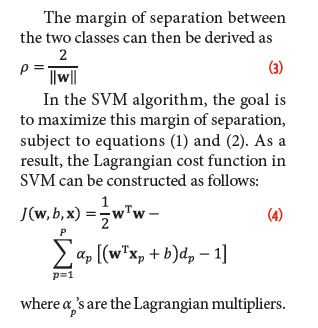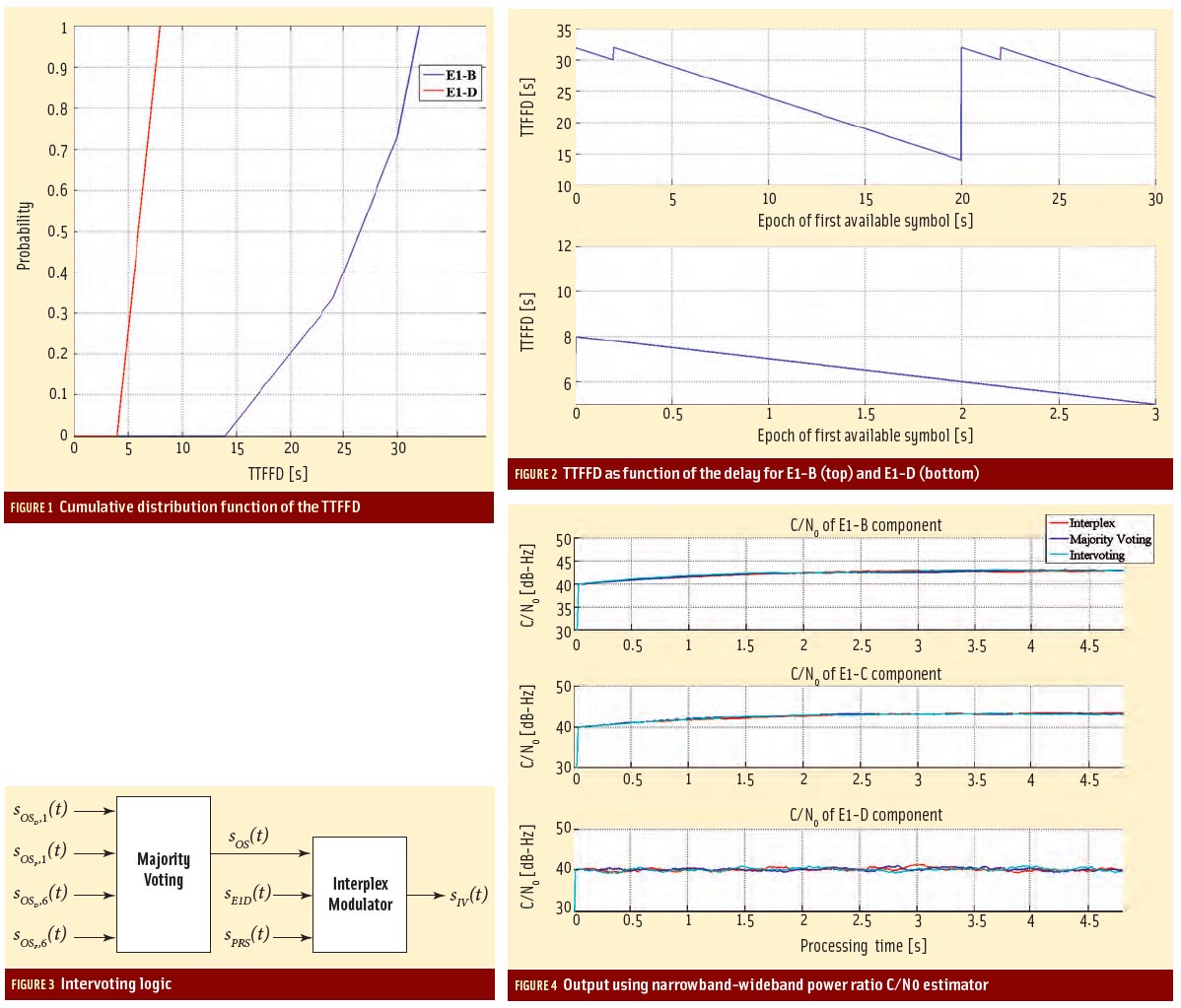No longer consigned to predicting what might one day happen, the folks at the Galileo program can now look at and talk about what is happening right now, starting with initial services. To help us understand what’s going on, we enlisted no less than Matthias Petschke, Galileo Program Director at the European Commission (EC).
By Peter Gutierrez Figures 3 & 4
Figures 3 & 4Motivation and Background
By Inside GNSS Figures 1 – 4
Figures 1 – 4Working Papers explore the technical and scientific themes that underpin GNSS programs and applications. This regular column is coordinated by Prof. Dr.-Ing. Günter Hein, head of Europe’s Galileo Operations and Evolution.
By Günter W. HeinThough the United States has been working on a backup for GPS for years, and was actually close to completing an equipment update to that end in 2009, Europe may be the first to put in place a fully independent alternative for positioning and timing data — an economic insurance policy against satellite navigation signals being jammed or disrupted.
By Dee Ann Divis
Though civilian GNSS activities fared reasonably well in the just-signed 2017 federal budget, the White House has already forecast cuts across non-defense agencies next year leaving the funding outlook for civil GNSS programs uncertain at best.
President Trump signed the fiscal year 2017 (FY17) spending bill on May 5, preventing another government shutdown and ensuring funding for agencies including the Department of Transportation (DoT), which is responsible for supporting civil GPS needs.
By Dee Ann DivisWhen Inside GNSS first reported on the formal announcement to the start of Galileo Initial Services last December, there was plenty of excitement about the program’s potential, and with good reason.
By Inside GNSSThe new GPS ground system has passed its most recent in-depth review and completed a schedule and budget re-baselining though a new government watchdog report says the program remains at "high risk of cost overruns, schedule delays and performance shortfalls."
By Inside GNSSAfter a couple of changes in direction and spending some $18 million to verify the technical chops of their most likely suppliers, defense officials appear ready to buy up to 22 new GPS III spacecraft. Although three firms are now well positioned to bid on the potentially lucrative contract, the Defense Department continues to leave the contracting door ajar for newcomers, just in case.
By Inside GNSS